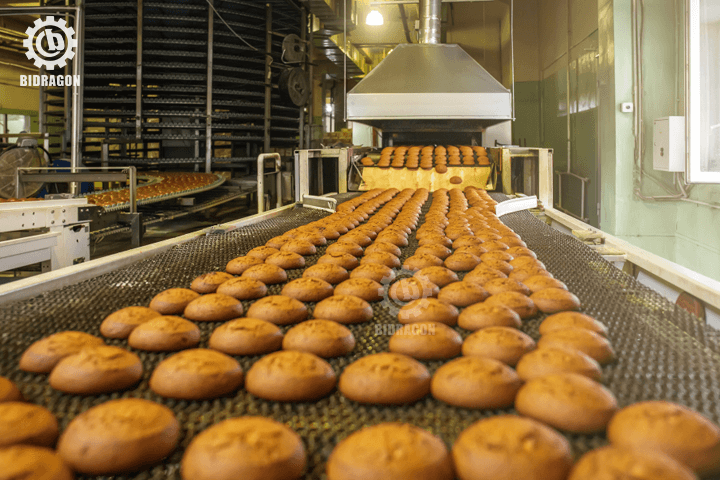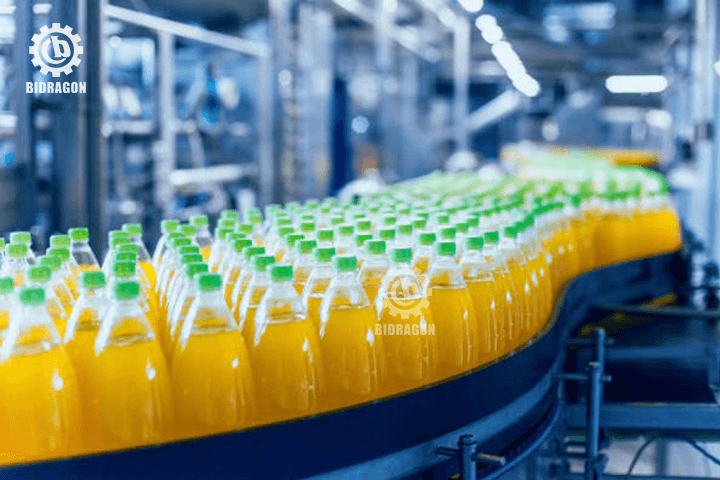
In the food industry, maintaining stable steam temperature and high-quality output is essential. Oil-fired and electric boilers provide precise temperature control, ensuring consistent heat for food production. Modern oil and gas boilers achieve ultra-low emissions, with nitrogen oxide levels meeting or exceeding national environmental standards, making them ideal for systems that require exact temperature regulation.
Boilers are indispensable in food manufacturing, supplying the reliable steam and heat needed for critical processes.
Boiler Types for Food Industry:
Oil and Gas Fired Boiler and Electric Boilers: These offer more precise temperature control compared to other options, which is essential for maintaining food quality.
Low-Emission Boilers: Modern oil and gas boilers can achieve ultra-low emissions, meeting environmental regulations and contributing to a cleaner operation.
Additional Considerations:
Fuel Efficiency: As food processing often involves long operating hours, choosing an energy-efficient boiler can significantly reduce costs.
Reliability: Downtime due to boiler issues can be disruptive and costly. Selecting a reliable boiler with proper maintenance practices is key.
By carefully considering these factors, food processing plants can select the most suitable boiler system to ensure efficient, high-quality production while meeting environmental regulations.
